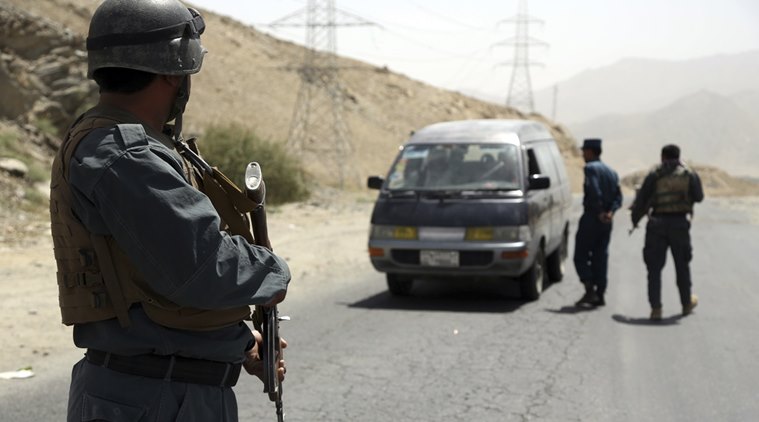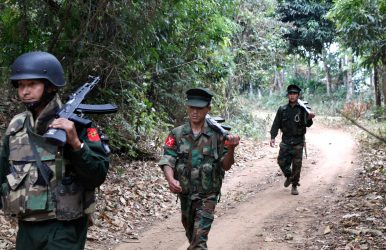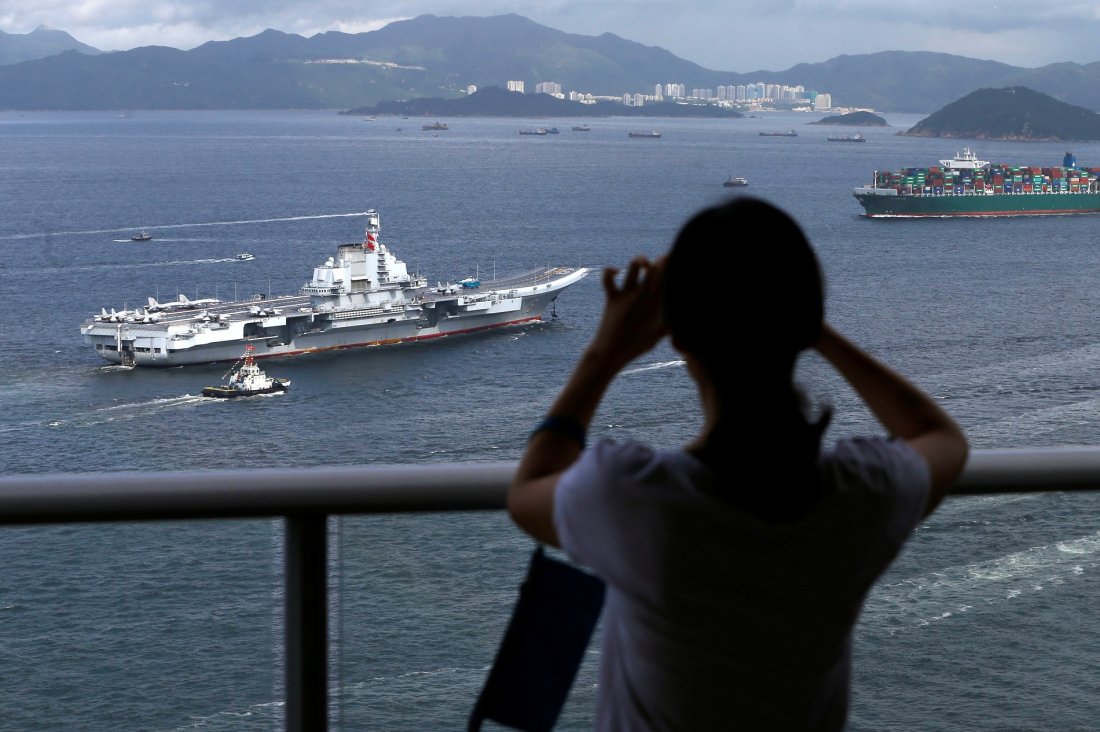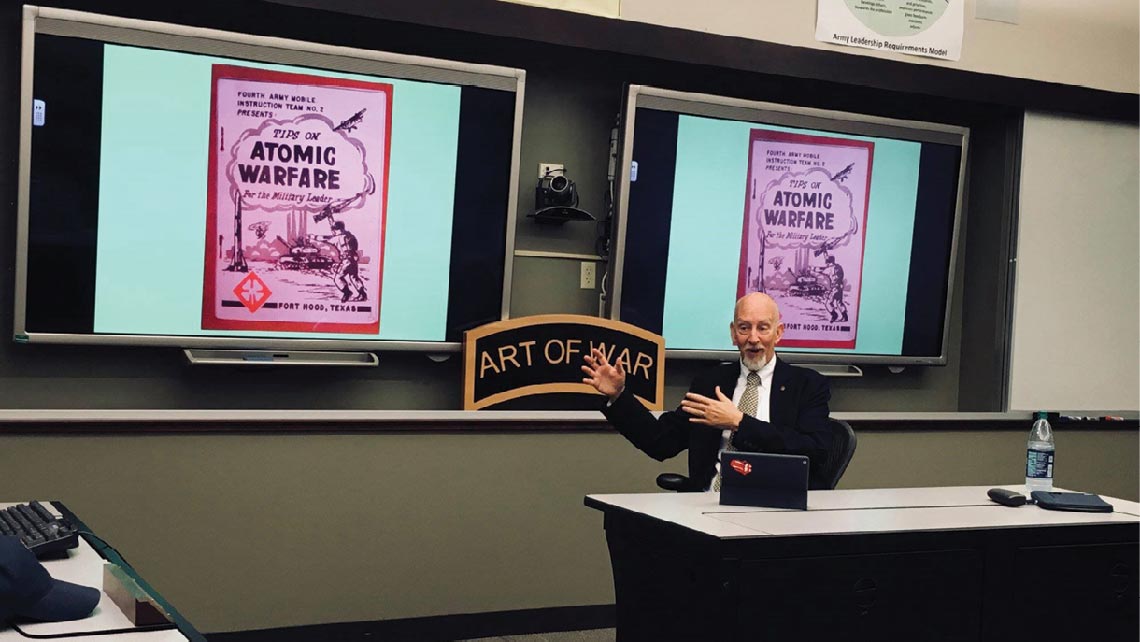Alyssa Ayres
 On Pakistan's seventy-first independence day, the country faces an economic crisis and a terrorism crisis. Whether prime minister–designate Imran Khan can deliver on his promise of a “naya Pakistan” hinges on whether he can address each.
On Pakistan's seventy-first independence day, the country faces an economic crisis and a terrorism crisis. Whether prime minister–designate Imran Khan can deliver on his promise of a “naya Pakistan” hinges on whether he can address each.
Today is Pakistan’s seventy-first independence day. The newly elected members of the National Assembly have been sworn in, and the new prime minister–designate, Imran Khan, will take his oath of office on August 18. Last month’s national election took place amid great controversy. Opposition leaders and independent observers made considerable allegations of tampering and malfeasance, bombings marred the run-up to the election and the day of voting, and there were widespread reports of the army tilting the playing field in advance in favor of Khan, casting a shadow over the results. Even so, government formation trundles along.



/arc-anglerfish-arc2-prod-mco.s3.amazonaws.com/public/COXLBYI6SBD6ZGLRC5KTEZ5NDQ.jpg)




/arc-anglerfish-arc2-prod-mco.s3.amazonaws.com/public/ZNA6SRQKOFGU3CHIHTX5KGAWLQ.jpg)



/arc-anglerfish-arc2-prod-mco.s3.amazonaws.com/public/E2U4C3IBEJA2TKQLVF3EBCMHBY.jpg)


